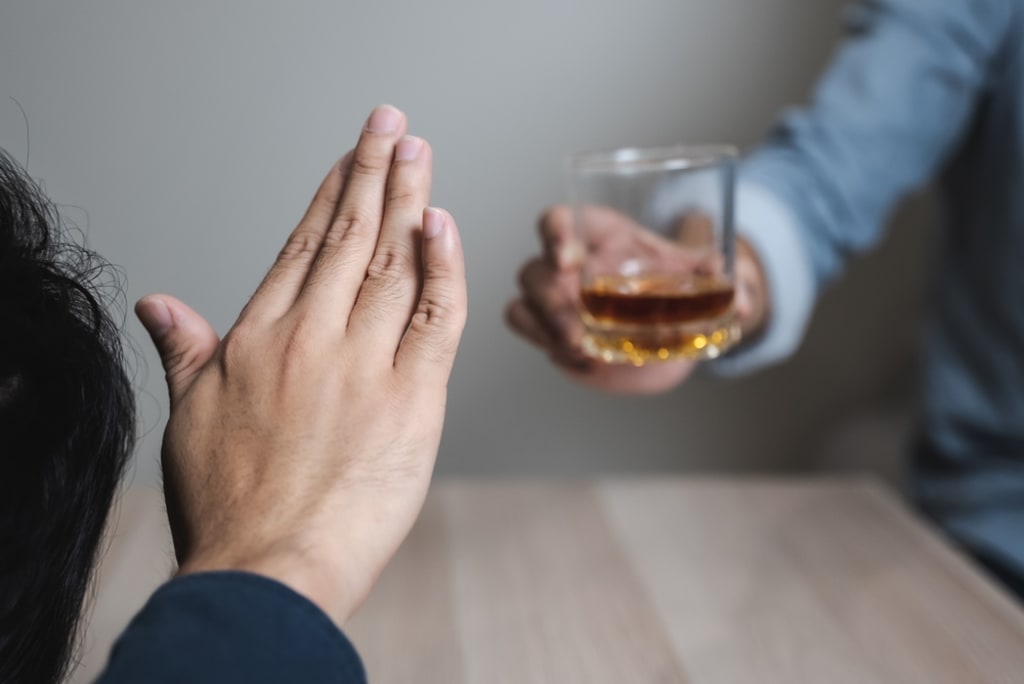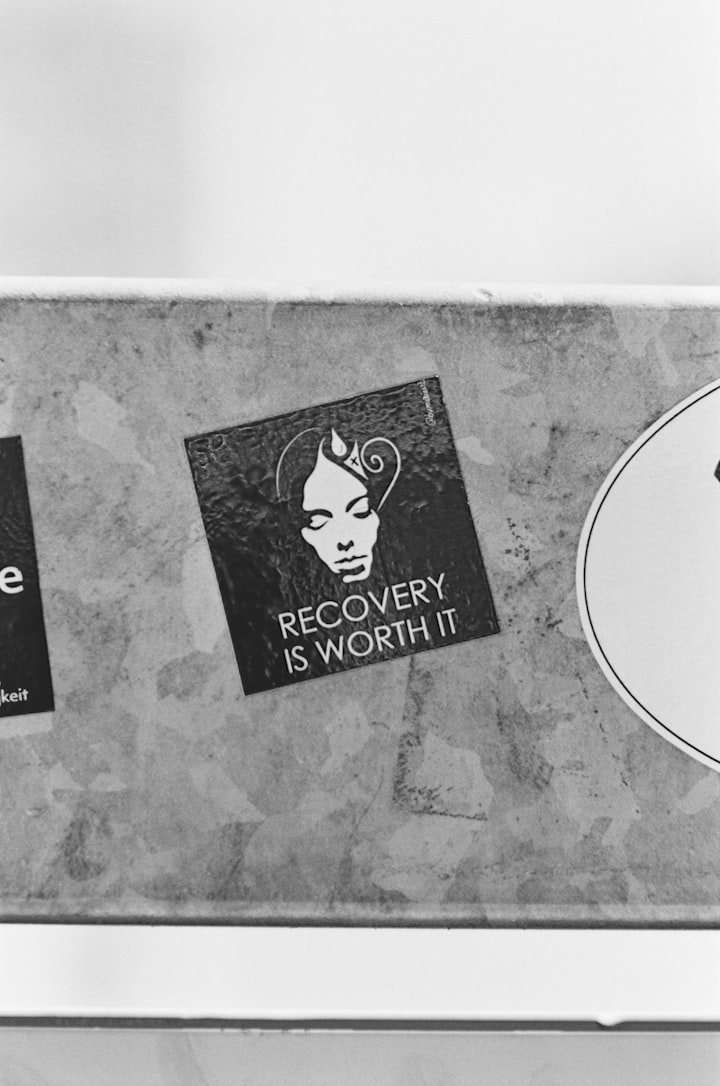Dry January: Why Should You Be Reducing Your Alcohol Intake?
Through decreasing the amount of alcohol you drink on a regular basis, the benefits will become clear!

After a hard day at work, or a busy day of demanding tasks, many people often find themselves heading for a drink at their local pub or bar.
It’s completely understandable that many people want to enjoy themselves with their family and friends over a few drinks, but problems can become apparent when we drink a little too much. Misuse of Alcohol, can be a causal factor in over 60 medical conditions, from depression and cirrhosis of the liver to throat, stomach, and breast cancer.
It has been found that, as a result of heavy-drinking habits developed during the Covid lockdowns, up to 25,000 additional alcohol-related deaths could occur in the next 20 years in England alone. In turn, this could lead to about 1m extra hospital admissions, which in the long term may cost the NHS more than £5bn.
Below, we look at just a few useful steps to take to help reduce consumption of alcohol, while illuminating some of the key benefits of taking on this healthier mindset.
How to minimise your alcohol consumption
First things first, if you are worried about your alcohol habits and are concerned you might be drinking too much, it is always worth paying your doctor a visit. They should be able to help you address the situation and evaluate whether alcohol consumption is having a toll on your well-being.
If alcohol is identified as having contributed to a health condition you may need a GP prescription for, reducing your alcohol intake is likely to be beneficial, and your doctor may suggest ways to curb your drinking.
This said, here are a few initial steps you may want to embrace when on a mission to minimise your alcohol intake:
• Take a moment to reflect on the negative effects of alcohol – As mentioned, excessive consumption can result in an array of serious medical conditions. It can affect your health in many different ways, and even if it isn’t life-threatening, it can still usher some temporary, unpleasant consequences. For instance, it can only take a couple of drinks to leave you feeling foggy, dizzy, or hungover. That could then lead to disrupted sleep, memory problems, digestive issues, irritability, feelings of anxiety, and conflictual attitude. Is it really worth it? Bear in mind that, in the long run, these effects can pile up.
• Set a drinking goal or limit – Deciding on a drinking goal can be a useful way to set a limit on how much alcohol you will consume. Try to stick by the recommended guidelines and keep below those limits. For example, men under 65 should have no more than two standard drinks, whereas women (and men over 65) should sip one standard drink per day maximum. Of course, based on your own circumstances, these limits may already be too high. In this case, consult your doctor to help you determine what is right for you and your body.
• Beware of peer pressure and learn to say “no” – It is easy to drink one too many beers or glasses of wine when you have company. Remember, though, that you should never feel obliged to accept every alcoholic drink you are offered. Practice how to say “no” in a polite, respectful way. By turning down the offer both quickly and firmly, you won’t give yourself time to change your mind and peers will understand you really mean it.
• Share your target with friends and family – Letting others know that you are trying to limit your alcohol intake could motivate you to stay faithful to your plan. Family and friends are likely to encourage you to persevere and, ultimately, may also feel the need to review their own drinking habits.
• Pace yourself and drink water – A good trick to reduce your consumption is to alternate beers or spirits with ‘spacers’ (alcohol-free beverages). In fact, by drinking water or juice at the same time, you can actively slow down your alcohol intake. What’s more, make sure to sip your alcoholic drinks and take your time. Those who consume alcohol at a faster rate, especially the first few drinks, are at a higher risk of misusing it and developing dependence.
• Create a booze-free environment – It is fair to say that, when you come home from a stressful day at work or hectic afternoon out and about, a common automatic response is to pour yourself a glass of wine. However, creating an environment that helps avoid alcohol triggers can be hugely helpful. Getting rid of alcohol inside your home means you won’t have immediate access to it. Not only that, but the thought of going out just to buy a few cans of beer can deter you from wanting an alcoholic drink altogether.
The benefits of cutting down on alcohol
As well as preventing undesired health consequences, abstaining from alcohol can bring a wide array of advantages. In fact, Dr Harriet Leyland at myGP says: “Short-term health benefits of cutting down alcohol include reduced tiredness, lower blood sugar, and even weight loss. Longer term, it reduces the risk of some cancers, liver disease, and heart disease.” So if you are planning on ditching the booze or perhaps even take part in an alcohol-free challenge, such as Dry January, you will be rewarded with several benefits.
For example, one of the most prominent positives is that sticking to non-alcoholic beverages can uplift your mood. Indeed, drinking excessively can interfere with the neurotransmitters inside our brain, which can in turn have a negative impact on our mental health. Less alcohol can make you feel happier, helping you tackle any sentiments of anxiety or symptoms of depression if you already feel low or sad.
Although it may have sedative effects and induce sleepiness, alcohol can also hinder the quality of your sleep. It has been found that consuming high amounts of alcohol (e.g., more than two standard drinks for men and one for women) can decrease your sleep quality by 39.2%. In fact, it disrupts the duration of your rest and may enhance symptoms of sleep apnoea. So, cutting down on alcohol should allow you to feel more rested and energised when you wake up.
Signs of abundant drinking may also show on your skin, as it dehydrates your body and may affect your appearance. It may also cause your face to be puffy and bloated. Luckily, it only takes a couple of days of more moderate drinking to allow your skin to restore itself and look better again.
Another valuable advantage is that changing your drinking routine could give you the chance to vary your diary.
Drink-free days can be a great way to discover new activities and hobbies, helping reduce how much you drink and cultivate new passions. Not to mention that, as well as benefitting your overall health, buying and drinking less alcohol will favour your finances. It is perhaps no surprise that over 86% of people participating in Dry January found that they were saving precious money.
Everyone is allowed to enjoy a few sips from time to time. But consuming too much alcohol can have a drastic, harmful impact on your well-being. From setting drinking goals and sharing it with your peers to pacing yourself and creating booze-free environments, there are many steps you can take to nip the problem in the bud.
Through decreasing the amount of alcohol you drink on a regular basis, benefits such as a more restful night’s sleep, a clearer mind and cheaper nights out will become more apparent!





Comments
There are no comments for this story
Be the first to respond and start the conversation.